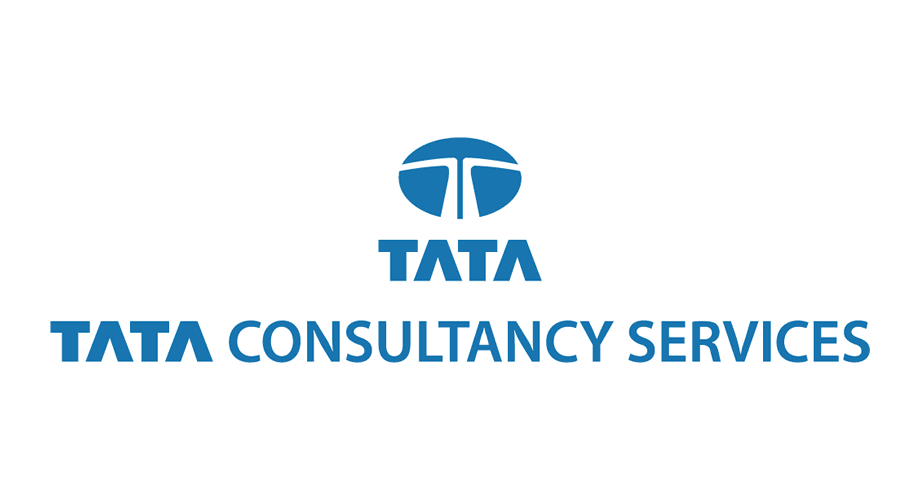TCS: The Indian IT Service Company, One of the Best in the World.
The beginning of computers and information technology was a time when everybody wanted to get an advantage from it. TCS (Tata Consultancy Services) is one of those companies, which began its journey at the time when the computer had just started to become famous, and after more than 50 years of its inception, TCS has grown as much as the IT industry. From India, it has reached more than 140 countries, where it is helping other companies with their IT problems. TCS is known for its software development work for the banking sector and the development of electronic depositories.
TCS, The Company
TCS is a multinational IT company, with its headquarter situated in Mumbai, Maharashtra, India. The company is the subsidiary of the famous Tata Group of India. It provides IT services and consulting to its wide range of customers worldwide. TCS, with its innovative ways of working, has become the second-largest Indian company by market capitalization and is always counted among the topmost IT service companies. The Company runs its operations in over 50 countries through its 280 offices as well as has 147 delivery centers in 21 countries. The company has got its name listed in the Forbes and Fortune lists in different categories multiple times.

Products and Services
The Company provides its services in 67 different categories in IT itself. The company is into software and application development, consulting, business process outsourcing, payment processing, technology education services, asset leverage solutions, cloud infrastructure, enterprise solutions, etc. The company also includes its in-house developed software products named TCS BaNCS and TCS MasterCraft.
The Foundational Story
On 1st April 1968, the already established Tata Sons started TCS as Tata Computer Systems to enter the computer industry and become a part of the IT revolution. At the very beginning, TCS was providing punched card services to Tata’s other subsidiary company TISCO. By 1975, the company started to serve foreign companies, and it developed its first electronic depository and trading system, SECOM, for a Swiss company.
System X from TCS automated the Johannesburg Stock Exchange for a Canadian company. In 1980, TCS founded Tata Research Development and Design Centre (TRDDC) in Pune, an institution dedicated to the software research and development process. The company also worked on a high complexity project, an end-to-end advanced system to manage customer relationships, for Western Trust and Savings Limited (WTSL). This project provided enough experience to the company for handling much tougher projects. The next year, TCS established India’s first client-dedicated offshore development center.
TCS in 1982 came with its flagship product, the Advanced Data Dictionary (ADDICT), a repository for storing project information to make the users understand the design of an entire project and its processes. In 1984, TCS launched the Falcon (Fast Access Local Computer Network).
In 1987, the company established the IBM mainframe Center of Excellence in Madras and also introduced a software engineering tool named Casepac for IBM Mainframes. CAD also came into existence during the same time, which led TCS to step into the engineering software services.
In 1988, TCS launched multiple software products, including Masterkey suite, PRISM, and Integrated Standard Banking System. TCS bagged a project worth $10 million from the Swiss Security Clearing Corporation (SEGA) to build a real-time domestic and cross-border securities clearing and settlement system.
In the 90s, TCS started to build programs that would ease out the working of various institutions. The company came out with E.X., ‘world’s friendliest business accounting software, a trading platform for the National Stock Exchange and Network Custody System (NCS). Later NCS became one of the most popular TCS products. The company is credited for the fastest implementation of a depository system in the world. The system was the first electronic depository in India and was developed only in five months. TCS is the pioneer of the concept of the software factory. It was the first company to provide the solution for Y2K conversion in the late 90s.
In 2004, TCS started to trade as a public company. By 2008, the company had become the first Indian IT company to enter the bioinformatics market and was reaching revenues worth US$500 annually. In 2013, TCS partnered with the Indian Post and handled a project worth ₹1100 crore for the latter. As of 2020, TCS has become the world’s most valuable IT company. Currently, over 469,261 employees are working for TCS across the world.
The CEO: Rajesh Gopinathan
Rajesh Gopinathan is serving as the Chief Executive Officer of TCS since February 2017. He completed his graduation in Electrical and Electronics Engineering from the Regional Engineering College, Tiruchirappalli, and a post-graduate diploma in Management from IIM Ahmedabad. Gopinathan started his career with Tata Strategic Management Group in 1996, and in 2001, he got transferred to the TCS’s e-business unit in the USA, where he worked till 2013. In 2013, he became the Chief Financial Officer of TCS.

Yashica is a Software Engineer turned Content Writer, who loves to write on social causes and expertise in writing technical stuff. She loves to watch movies and explore new places. She believes that you need to live once before you die. So experimenting with her life and career choices, she is trying to live her life to the fullest.
